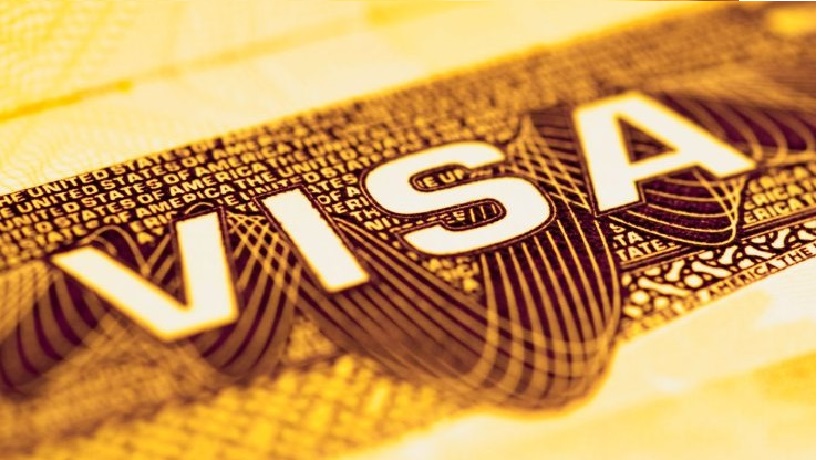Residence visas for property purchase raise corruption risks
In the latest edition of the Corruption Perception Index (CPI) 2022, from ONG's Transparency International, Portugal is criticised for postponing the abolition of the "controversial programme".
The ‘golden’ foreigners’ residence visa programme in Portugal “has increased corruption risks” and “put pressure on the real estate market”, indicates Transparency International’s (TI) Corruption Perception Index (CPI) 2022, released on Tuesday.
In the latest edition of the CPI, Portugal is criticised for postponing the abolition of the “controversial programme”, as well as for having launched the national anti-corruption strategy (ENAC) “without guidelines or monitoring plan”, considering that the application of anti-corruption measures in the country is “weak” and “slow”.
“The national results of the Corruption Perceptions Index 2022 reflect, in line with those of previous years, a weak and stagnant fight against corruption, with perceived levels of aggravated risk of corruption and also a lack of transparency and control in the sector of defence and national security”, said Nuno Cunha Rolo, chair of TI in Portugal, quoted in the release of the study.
In the latter case, the global anti-corruption coalition considers that the defence sector needs greater transparency and oversight, noting that “secretive procurement practices and insufficient financial transparency weaken safeguards against corruption in national defence institutions”.
In the index for last year, Portugal is evaluated in the set of Western European countries and the European Union and obtains 62 points, with the rating ranging from 0 (perceived as very corrupt) to 100 (very transparent).
Portugal maintains the score of 2021 and remains below the average of its region (66 points), but moves down one place from 32nd to 33rd position.
With the same number of points and in the same position is Lithuania, after Israel and South Korea (both with 63 points) and ahead of Botswana (60 points).
Nuno Cunha Rolo considers that Portugal’s results “stem from the continued inability of successive governments and leaders to perceive the immense wealth of leadership and anti-corruption policies that are open, transparent, participative and with integrity, both in the political and administrative system, as well as in sectors of the economy and society”.
“All of these contribute much to a fairer, safer, more peaceful, inclusive and developed country” and “the recent scandals that have been occurring at a dizzying pace in the media, are largely due to the lack of political will and vision – in the government and in parliament – in terms of anti-corruption, transparency and integrity”, he adds.
Transparency International Portugal says that it had already alerted to the “deficiencies” of the national anti-corruption strategy, namely “because it almost completely ignores the issue of political corruption”.
The CPI 2022 reveals that the region that Portugal is part of is again the one with the best score (66 out of 100), but warns that “progress has stalled in most countries” that make it up and that “the changing security landscape, since the large-scale invasion of Ukraine by Russia, and an impending recession require robust responses from governments”.
It considers that “undue influence over decision-making, inadequate application of integrity safeguards and threats to the rule of law are undermining the effectiveness of governments”.
According to Transparency International, “the region is at a crossroads” and policymakers need to “move beyond piecemeal anti-corruption measures” to overcome the current crises and enable development.
Overall, the CPI for last year “shows that despite concerted efforts and many hard-won gains, progress against corruption cannot be taken for granted”.
“The scale of the problem is enormous: the global average remains unchanged – with a score of 43 out of 100 for the 11th consecutive year – and more than two-thirds of countries (122) have a serious corruption problem, with a score below 50.”
In the 2022 index, Denmark (90 points) once again takes the top spot, followed by New Zealand and Finland (both with 87 points), while the last places remain occupied by Syria, South Sudan (13) and Somalia (12).
Sub-Saharan Africa is the region with the lowest average score (32), after Eastern Europe and Central Asia (35).
“Corruption has made our world a more dangerous place. As governments have collectively failed to make progress in this area, they have ended up fuelling the current rise in violence and conflict – putting citizens in danger,” said Delia Ferreira Rubio, president of Transparency International, quoted in the statement.
She added that “the only way out” is for States to work hard, “rooting out corruption at all levels” and “ensuring that governments work for all people and not just for a small elite”.

